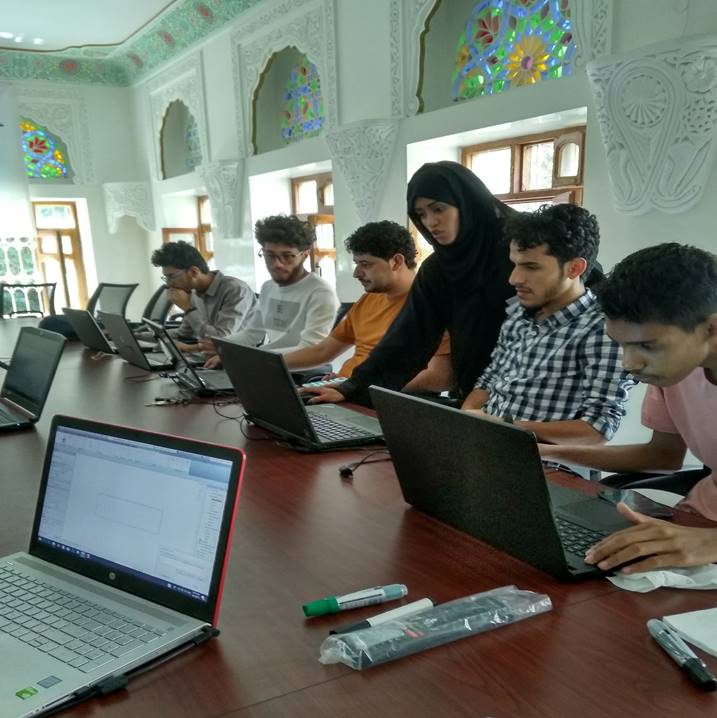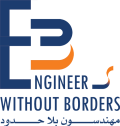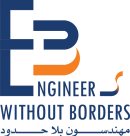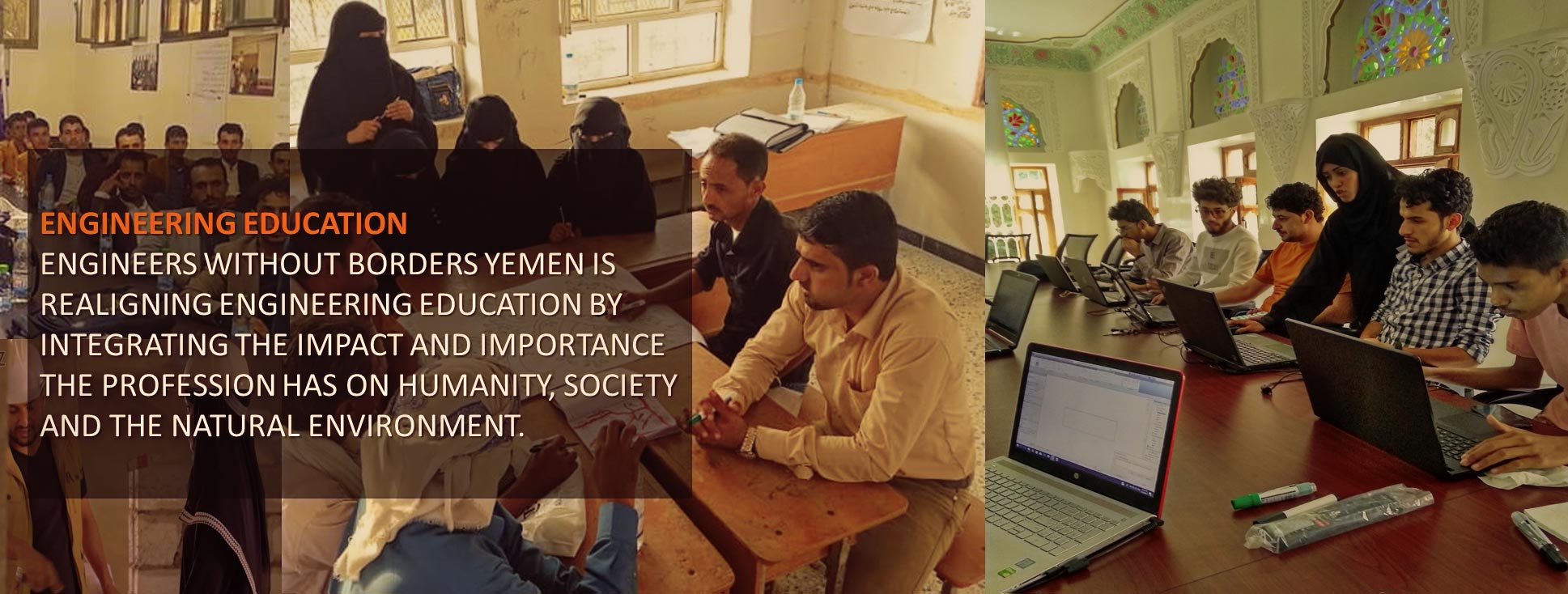
We believe in the power of engineering to make a change.
Engineers Without Borders Yemen is realigning engineering education
by integrating the impact and importance the profession has on
humanity, society and the natural environment.
Engineers Without Borders Yemen focuses on a range of education and
training programs that engage local students and emerging
professionals in the local engineering sector with ethics and
sustainability embedded within most professional practice courses.
Engineers Without Borders Yemen understands the important role
cultural, social and emotional intelligence play in producing holistic
21st century engineers . Our programs broaden humanitarian
engineering studies to include fields considered outside of the
traditional engineering curriculum, including Social justice,
communication and collaboration, service learning, social sciences, and
humanities. We are supporting and fostering fieldtrips to resource-
constrained communities, exposing students to real-world problems
and finding solutions not necessarily typical in standard environments.
This, to a certain degree, helps promote the concept of the Humanitarian Engineer.

Create a new
generation of engineers
for contribute to meet the SDGs
Our Educational Program Goal:
Our goal is to educate engineering leaders who have:
- Command of the engineering fundamentals including experimental, analytical, computational, and design capabilities in a unique interdisciplinary area of engineering;
- Skill in leadership, communication, interpersonal and other professional attributes;
- Awareness of the scope of the profession and its global opportunities and requirements.
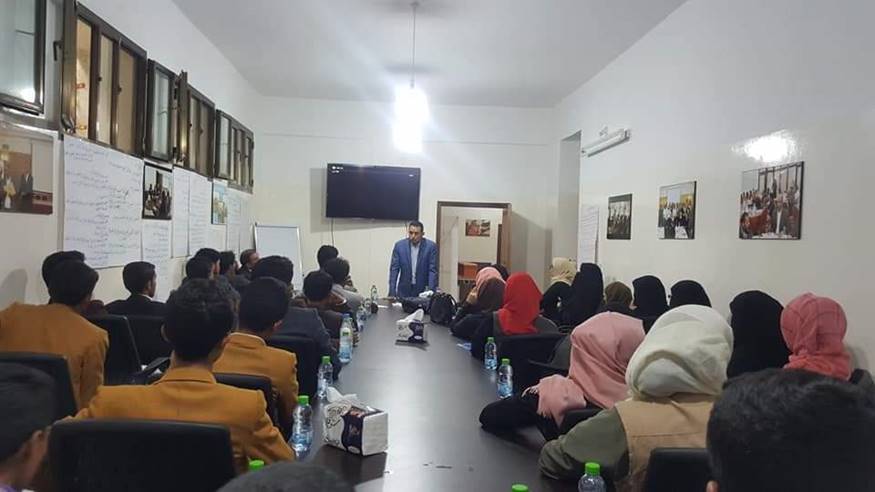
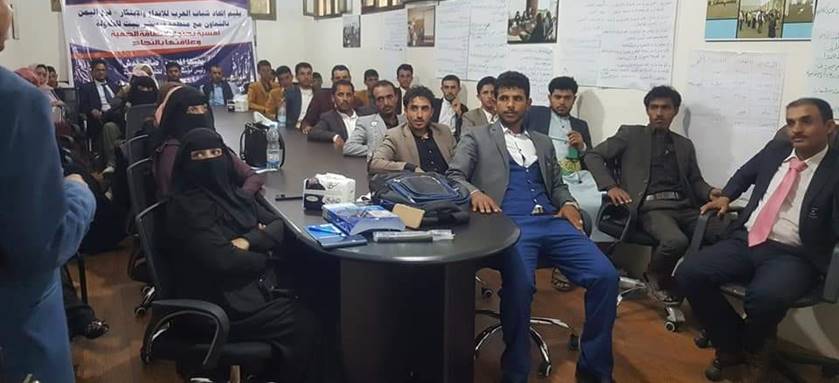
Education and
empowerment of humane
engineers and supporting
their innovations to work
on the sustainable
development.
Program Outcomes:
Our education program outcomes for the Humanitarian Engineering ensure that students can successfully demonstrate:
- An ability to identify, formulate, and solve complex engineering problems by applying principles of engineering, science, and mathematics.
- An ability to apply engineering design to produce solutions that meet specified needs with consideration of public health, safety, and welfare, as well as global, cultural, social, environmental, and economic factors.
- An ability to communicate effectively with a range of audiences.
- An ability to recognize ethical and professional responsibilities in engineering situations and make informed judgments, which must consider the impact of engineering solutions in global, economic, environmental, and societal contexts.
- An ability to function effectively on a team whose members together provide leadership, create a collaborative and inclusive environment, establish goals, plan tasks, and meet objectives.
- An ability to develop and conduct appropriate experimentation, analyze and interpret data, and use engineering judgment to draw conclusions.
- An ability to acquire and apply new knowledge as needed, using appropriate learning strategies.
